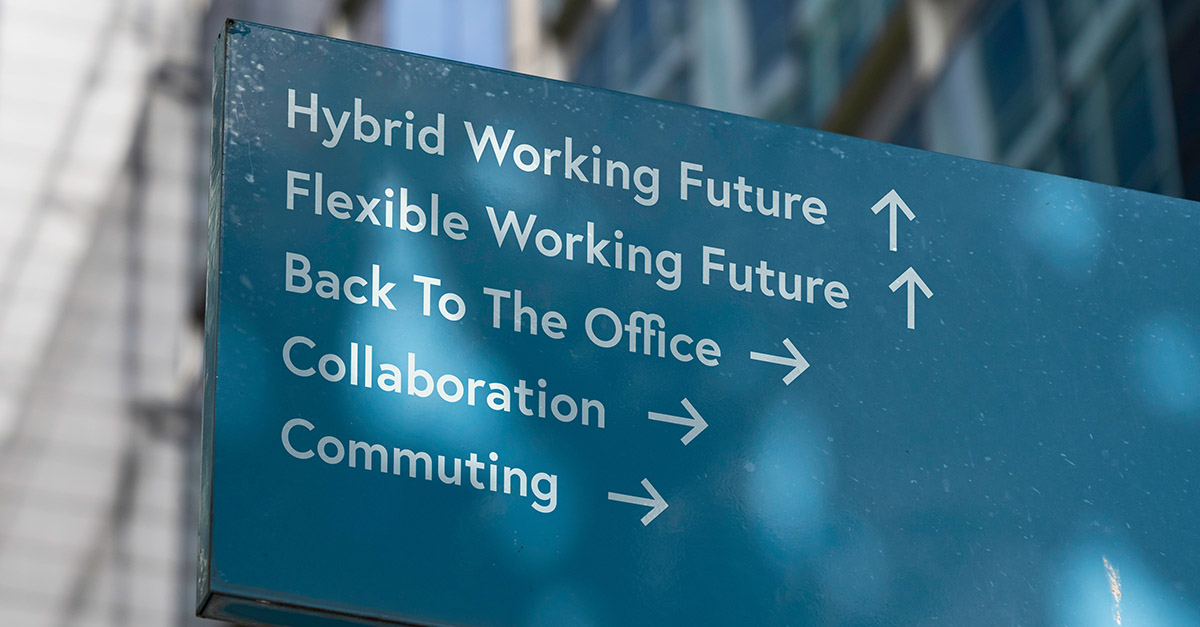Labour plans shake up of Equal Pay Law

Many will have been taken aback by the announcement by Keir Starmer that the Labour Party, if it wins the next election, will ‘extend full equal pay rights to Black, Asian, ethnic minority and disabled workers for the first time’ as they will, rightly, have assumed that pay protections already exist. There is undoubtedly an element of electioneering here. An employee from an ethnic minority paid less than a white employee because of their ethnic origin has been able to recover the difference in a race discrimination claim since the mid-seventies.
This announcement means Labour will seek to address a notable quirk that hasn’t been fixed since the seventies, even with the introduction of the Equality Act in 2010, about how cases of sex discrimination in employment contracts are dealt with.
What is an Equal Pay claim?
When a woman (or, occasionally, a man) has a complaint about disparities in their pay because of their sex, they can bring what’s called an ‘equal pay’ claim instead of a simpler discrimination claim, although, confusingly, such a claim is possible too. People with other protected characteristics, like race and disability, can currently only rely on a discrimination claim.
An equal pay claim requires an employee claimant finding a real person in a similar job to compare their pay to, rather than pointing to a ‘hypothetical’ comparator, as one is able to do in discrimination claims.
What is Equal Work?
Deciding if two jobs are ‘equal’ is not straightforward and has a lot of political history behind it. Some will remember the movie ‘Made in Dagenham’, the true story of a group of late 1960s women working at Ford’s Dagenham plant. They went on strike to fight the inequality that became apparent when women sewing machine operators, making coverings for car seats, had their jobs reclassified from semi-skilled to unskilled. They were thus to be paid less, even though the work they did required as much (if not more) experience and training than the men who worked assembling the rest of the cars.
Since the Equal Pay Act 1972 (now incorporated into the Equality Act 2010) was introduced an industry has grown up evaluating jobs to assess whether jobs are of ‘equal value’ for the purposes of equal pay claims. Local Authorities, who employ a vast range of staff from school dinner ladies to bin collectors, and supermarkets, where checkout workers compare their jobs to (usually) men working in the warehouse, have routinely been on the receiving end of such claims.
With equal pay claims, it’s a yes or no situation – either your job is considered equal to the one you’re comparing it to, or it’s not. Even if the pay difference between you and your comparator is significant, if the jobs aren’t considered equal, the claim won’t succeed.
Equal Pay or Discrimination?
In an equal pay claim, you don’t have to prove discrimination directly, but in practice, that doesn’t make much of a difference. Typically, employers will defend the claim by arguing there’s a valid reason for the pay difference, known as a ‘material factor’ defence. This means there needs to be a legitimate explanation for the pay gap. However, the crucial question is whether this reason is discriminatory, either directly or indirectly. Most equal pay cases come down to this central question of whether the pay difference is discriminatory.
Equal Pay - what can be claimed?
If the claim is successful, the person making the claim can receive back-pay for up to six years, but there is no compensation for any emotional distress caused (unlike discrimination claims). Equal Pay claims also have a slightly longer time limit for being issued, with individuals being able to bring an Equal Pay claim within 6 months of their employment ending.
Whether extending the coverage of equal pay law fixes the quirk in the Equality Act or not remains to be seen, Equal Pay claims are definitely more complex than discrimination claims and it would seem to make more sense to simplify matters by removing the distinction between the two claims, rather than make more people have to choose which claim to bring.










